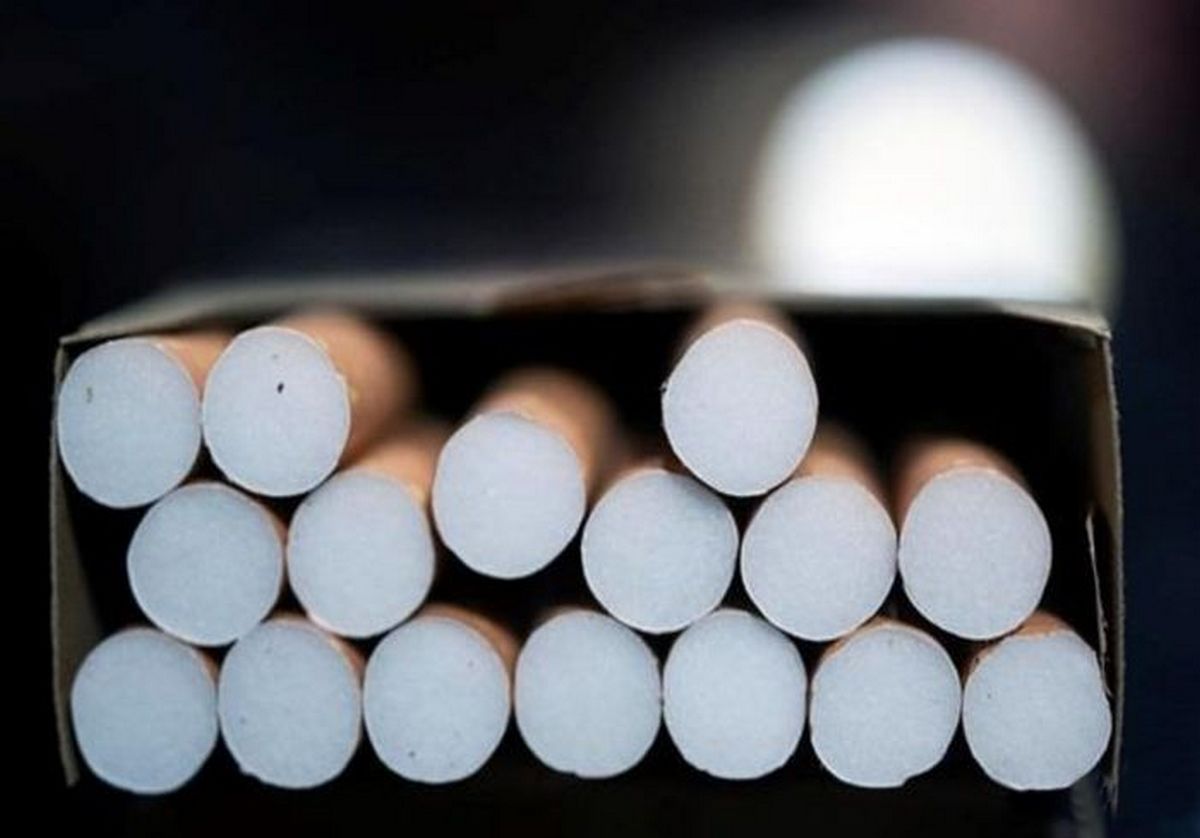Japanese doctors have found that the concentration of antibodies in patients vaccinated against COVID-19 with Pfizer is most strongly influenced by two factors – age and smoking. The researchers published the results of the medRxiv study.
“If patients temporarily or permanently give up smoking before vaccination, it will be possible to increase the effectiveness of vaccination,” the researchers write.
Shortly after the outbreak of the new type of coronavirus, doctors and biologists found that people with diabetes, obesity, chronic heart disease and smokers were much more likely to suffer from the disease than other patients.
Clinical trials of the first vaccines against SARS-CoV-2 have shown that some of these factors adversely affect the action of vaccines. In particular, Italian doctors have found that obesity and overweight can reduce the number of antibodies that occur after vaccination, two to three times.
In a new study, doctors led by Mitiru Savahata, an associate professor at Jiti Medical University in Japan, found that smoking can also affect vaccination in a similar way. During their work, they monitored the levels of antibodies in the bodies of 400 long-term health workers vaccinated with two doses of Pfizer vaccine. The researchers collected blood samples from volunteers three months after the second dose of vaccination and measured the concentration of antibodies that could bind to SARS-CoV-2 particles. Savahata and her colleagues studied these data by comparing differences in antibody proportions with the age of the volunteers, their sex, dependencies, and other side effects.
Smoking reduces the amount of antibodies by 30-50%
It was found that the greatest influence on the concentration of antibodies has the age of volunteers and whether they are active or former smokers. Both side effects reduce the effectiveness of the vaccine much more than other phenomena, such as diabetes, obesity, hypertension or allergies.
On average, smoking reduces the concentration of antibodies by 140-250 conventional units, which in some cases can reduce their share by about 30-50% compared to men and women of the same age who have never used tobacco products. Smoking has a particularly negative effect on the effectiveness of vaccination in adults, whose body initially contains relatively few antibodies.
At the same time, the researchers found that even the recent cessation of smoking led to the fact that the proportion of antibodies in the body of former smokers did not fall as much as those Japanese doctors who continued to use tobacco products. This feature must be taken into account when conducting mass vaccination of the population, – summed up Savahata and her colleagues.
Source: BGNES

